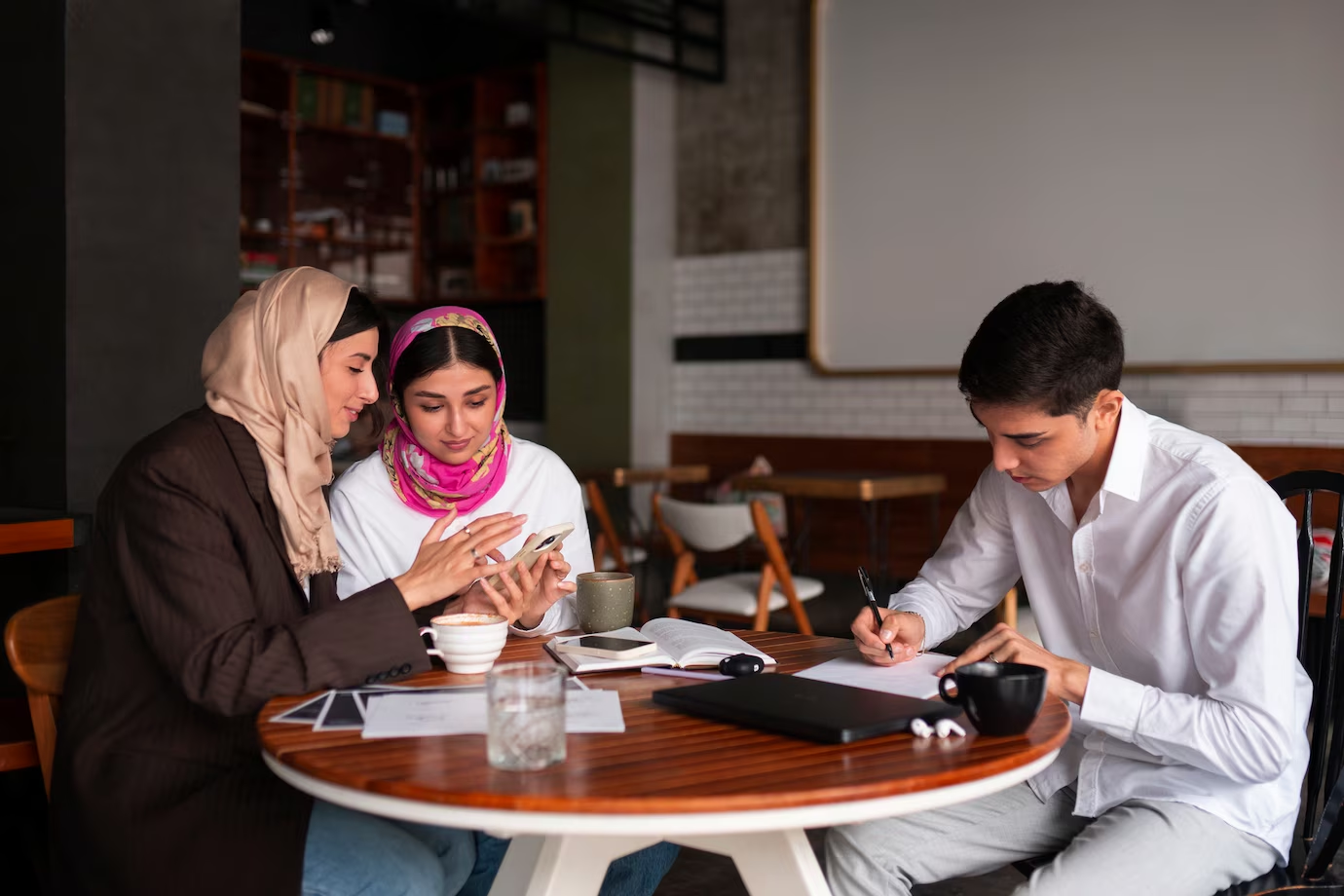Muslim end-of-life traditions, deeply rooted in the teachings of Islam and the practices of the Prophet Muhammad (peace be upon him), provide a meaningful way to prepare for death and offer comfort to the dying and their loved ones. These traditions reflect core Islamic beliefs in the sanctity of life, the importance of spiritual preparation, and the hope of eternal peace. Understanding these practices can help us appreciate their significance and the solace they bring during the final stages of life.
The Belief in Eternal Life
At the heart of Muslim end-of-life practices is the belief in eternal life and the Day of Judgment. Muslims believe that preparing spiritually for death is essential, as it marks the transition from earthly life to eternal life with Allah. This preparation often involves prayer, reciting the Quran, and seeking forgiveness and reconciliation.
Advance Directives and Planning
Muslims are encouraged to make advance directives, such as living wills and healthcare proxies, to ensure their end-of-life wishes are respected. These documents provide guidance on medical treatment preferences, organ donation, and other important decisions, ensuring that their wishes align with Islamic teachings.
Emotional and Spiritual Support
Providing emotional and spiritual support to the dying person is a key aspect of Muslim end-of-life care. Family members, friends, and religious leaders offer prayers, read the Quran, and provide companionship. The recitation of specific verses and supplications offers spiritual comfort and helps prepare the soul for its journey to the afterlife.
Hospice and Palliative Care
Muslims often seek hospice and palliative care services to manage pain and provide comprehensive support during the final stages of life. These services focus on the physical, emotional, and spiritual well-being of the dying person, ensuring that they receive compassionate and dignified care.
Last Rites and Final Prayers
The administration of last rites, including the recitation of the Shahada (the Islamic declaration of faith) and other prayers, is a significant tradition in Islam. These rites provide spiritual strength and prepare the soul for its journey to eternal life. Family members and religious leaders gather to offer these prayers and provide comfort to the dying person.
Family and Community Involvement
Family and community play a vital role in Muslim end-of-life traditions. Loved ones gather to offer support, share meaningful moments, and participate in prayers and rituals. This communal support helps the dying person find peace and provides comfort to the family, reflecting the strong sense of community in Islam.
A Reflection of Beliefs and Values
Muslim end-of-life traditions reflect the values of faith, compassion, and community. These practices provide a structured way to prepare for death, support the dying, and reaffirm Islamic beliefs in eternal life and the importance of spiritual readiness. By understanding and respecting these traditions, we can offer meaningful support to our Muslim friends and family during their final journey.
In summary, Muslim end-of-life traditions offer a profound and respectful way to prepare for death, rooted in a deep understanding of eternal life and the importance of spiritual preparation. These practices not only provide comfort to the dying but also ensure that their final moments are filled with peace, faith, and dignity.
If you have feedback, questions, or ideas for future articles or Information Hubs, please contact us. Your insights help us create valuable content.


